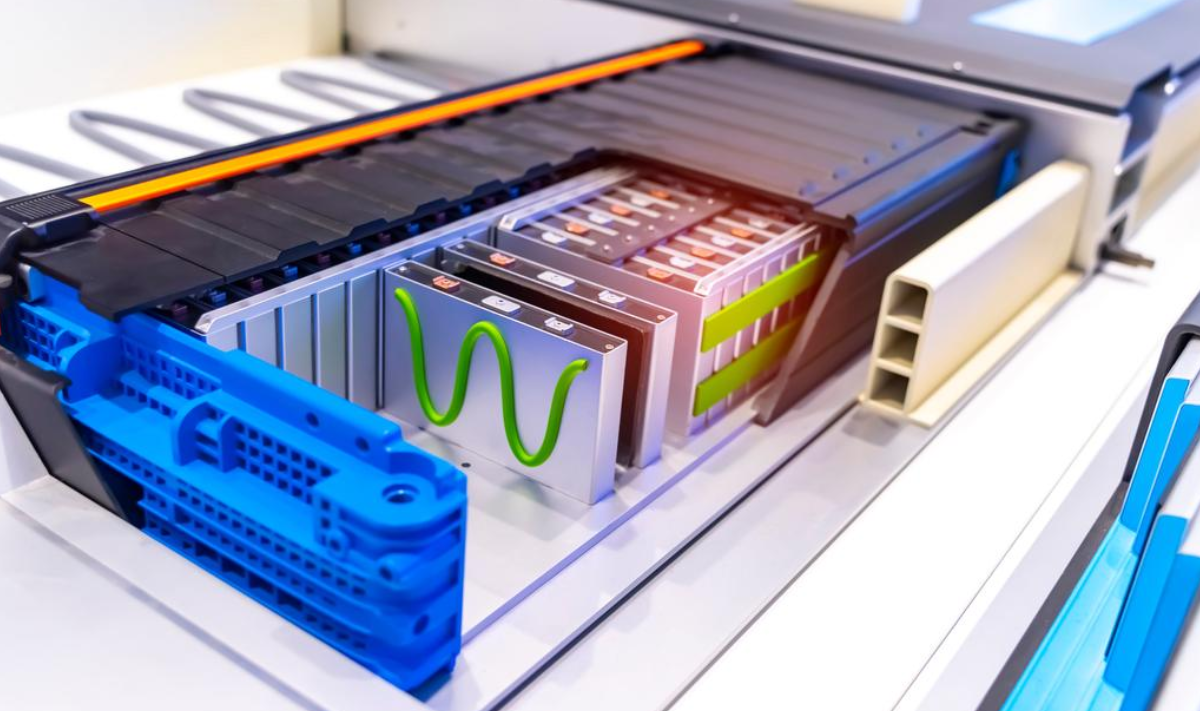
/
April 11, 2022
/
#
Min Read
OTA: Changing the Way Automakers Handle Recalls
Welcome back to The Recall Notice, where we discuss the impacts of the National Highway Traffic Safety Administration’s (NHTSA) latest software-related recalls. We’ve altered direction a bit since our Chevy Bolt battery recall post and taken The Recall Notice from monthly to quarterly. In each edition we will cover several recalls and how over-the-air (OTA) software updates could have eased the recall rollout process.
This quarter we are diving into software-related recalls for Daimler Vans, Harley-Davidson, Toyota, and Tesla. Let’s take a closer look at these electrical systems and collision avoidance faults and how an embedded software solution like Sibros’ Deep Connected Platform could have saved these OEMs time, money, and headache.
Daimler Vans Parking Brake Recall
NHTSA Campaign Number: 21V972000
OEM: Daimler Vans USA, LLC
Components: Electrical System
Estimated Vehicles Affected: 48,400
Remedy: Free Software Update at Dealership
Estimated Cost to OEM: $14.5M - $24.2M
On January 5th, 2022, NHTSA Recall 21V972 was issued for a fault in the park lock system of certain Daimler Vans. The software issue allows vehicles in the “park” position to roll away when the parking brake is not fully engaged. This type of fault is extremely hazardous to other drivers and pedestrians, especially if a malfunctioning van is parked on a slope where rolling speed is likely to increase.
The affected vehicles included over 48,000 Mercedes-Benz Sprinter and Freightliner Sprinter vans from model years 2019 and 2020. Although Mercedes, a subsidiary of Daimler, is working to develop its own over-the-air solution, the initial rollout won’t happen until 2024. Even then it will only be available on certain EV models, which excludes Daimler Vans. Until all models are equipped with vehicle-wide OTA update capabilities, fault-affected vehicles must return to the dealership for all required software updates. The result is a 14.5 to 24.2 million dollar price tag for the manufacturer, not including any legal action taken for recall-related damages or injuries.
Harley-Davidson Instrument Cluster Recall
NHTSA Campaign Number: 22V030000
OEM: Harley-Davidson Motor Company
Components: Electrical System
Estimated Vehicles Affected: 3,917
Remedy: Free Software Update at Dealership
Estimated Cost to OEM: $1.1M - $1.9M
NHTSA 22V030 was issued in response to a fault in certain Harley-Davidson motorcycles. If instrument cluster temperatures are below freezing during startup, the speedometer and neutral indicator might not show up on the display. This fault places the vehicles in direct violation of Federal Motor Vehicle Safety Standard 123–Motorcycle Controls and Displays, as it has the potential to impact driver safety.
This error has a simple remedy: an instrument cluster software update. However, since Harley-Davidson has yet to integrate OTA technology into its products, approximately four thousand Pan America 1250, Pan America 1250S, and Sportser S motorcycles from the model year 2021 must return to a dealer to receive a manual update.
Toyota PCS Recall
NHTSA Campaign Number: 22V107000
OEM: Toyota Motor Engineering & Manufacturing
Components: Forward Collision Avoidance
Estimated Vehicles Affected: 36,558
Remedy: Inspection and Activation at Dealership
Estimated Cost to OEM: $10.9M - $18.2M
NHTSA 22V107 was issued on February 24, 2022, in response to an inactive forward collision radar sensor in certain 2021 Toyota C-HR vehicles. Readings from the sensor in question are responsible for initiating certain pre-collision systems (PCS) functions, such as warning signals or brake assist mechanisms. Under certain circumstances, an inactive PCS increases the risk of an accident, as it would be unable to detect obstacles, such as other vehicles, stationary objects, or pedestrians.
The interesting part of this recall is that not all C-HRs included in the recall scope are affected. In fact, Toyota estimates that only .03% of the 36,558 units included in NHTSA 22V107 have this issue. That’s only 10 to 11 cars! Unfortunately, Toyota has no way of remotely determining which ten vehicles are affected, which means 36,548 customers will be taking time out of their lives to bring their cars to the dealership for absolutely nothing.
Tesla Rolling Stop Recall
NHTSA Campaign Number: 22V037000
OEM: Tesla, Inc.
Components: Electrical System
Estimated Vehicles Affected: 53,822
Remedy: Free Over-the-Air Software Update
Estimated Cost to OEM: Negligible
NHTSA Recall 22V037 involves a fault in the vehicle’s “rolling stop” functionality that allows the car to roll through an intersection when no additional vehicles are detected. This recall impacts the following Tesla models:
- Model X (2016-2022)
- Model Y (2020-2022)
- Model 3 (2017-2022)
- Model S (2016-2022)
If you’ve glanced at the information above, you’re probably wondering how the estimated cost is “negligible,” while the other three recalls we’ve covered are in the millions. That’s because, unlike Toyota, Harley, and Daimler, Tesla has vehicle-wide OTA capabilities like those powered by Sibros. As such, they don’t need to bring all 53,822 into a dealership to remedy the issue. Instead, firmware release 2021.44.30.15 will be deployed remotely and installed at the owner’s convenience via the push of a button.
Impact and Savings With Sibros
Tesla is a prime example of how OTA update solutions expedite the recall process to save OEMs time and money while enhancing the customer experience. The trouble is that it takes years and extensive resources to develop effective OTA and data management software in-house. Consequently, Tesla and its customers will continue to drive farther into the future, while other OEMs remain stalled at the in-house development stage.
A quicker and more cost-effective solution is to outsource OTA technology, like the award-winning Deep Connected Platform (DCP). Sibros DCP enables OEMs with a suite of robust automotive software and data management tools. It is designed for seamless integration with any vehicle architecture, no additional hardware required.
Real-time data collected from every electronic control unit (ECU) by the OTA Deep Logger and customizable event parameters help OEMs identify software faults, like those seen in the electrical system recalls above. Meanwhile, Sibros OTA Command Manager can help identify all C-HRs with active sensors via a remote command. Once all affected vehicles are identified, the manufacturer creates a target group based on static and dynamic attributes and sends a software update package to recall-affected vehicles only.
In other words, the Daimler park lock system correction, the Harley-Davidson instrument cluster fix, and the Toyota sensor activation could all be achieved with the push of a button, no dealer visit required. The only question remaining is: are you ready?
Are you ready to proactively identify faults, enhance vehicle functionality, and streamline your recall process with Sibros’ out-of-the-box embedded firmware and data management solution? All it takes is a push of a button: contact us today.
Sibros’ Recall Calculator
We have one more nugget for our loyal readers. To provide a more accurate overview of recall costs, we developed a recall calculator with customizable inputs. This allows OEMs to better estimate the financial implications of recalls based on different scenarios and variables.









.png)
